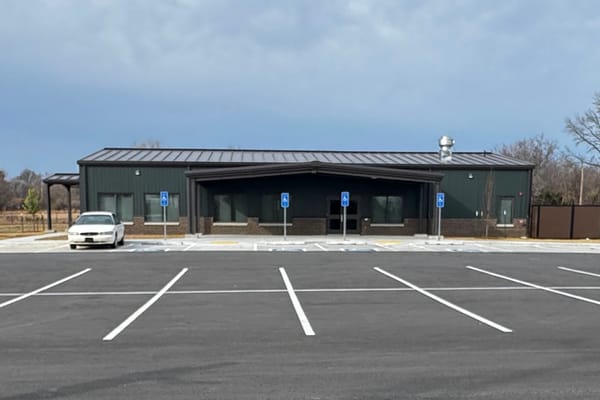AASM offers sleep tips to help as the clocks fall back one hour this weekend

Photo Credit: American Academy of Sleep Medicine
(NATIONAL) It's that time of year when an extra hour is added to the weekend.
On Sunday November 6, Daylight saving time will end in most of the U.S. with the clocks falling back to Standard Time.
On Sunday at 2 a.m. the clocks in most states will fall back to 1 a.m.
The time change can wreak havoc on a person's sleep cycle.
The American Academy of Sleep Medicine (AASM) is offering some tips to help you keep your sleep on track this weekend.
The recommendations given by the AASM include:
* Waiting to change the clocks until it's time to get ready for bed
* Going to bed at your usual bedtime
* Waking up at your normal wake-up time
* Going to bed at your normal bedtime on the Sunday after the time change, which will be an hour earlier.
It's also possible that this will be the last time the clocks fall back an hour.
The U.S. Senate passed the Sunshine Protection Act back in March.
If it passes in the house and is signed by the President, Daylight saving time would be permanent across the country.
The AASM would rather see the country adopt Permanent Standard Time.
According to the AASM, if Daylight saving time was in effect year round, parts of Montana, North Dakota, and Michigan wouldn't see the sunrise until after 9:30 a.m.
Dark mornings have also prompted concerns from parents who are concerned about their children's safety when going to school.
The AASM also says that seasonal time changes can have dangerous health consequences including an increased risk of strokes.
You can find more information about the effects of time changes and the history of the clocks falling back on the American Academy of Sleep Medicine Website.





